Description
Sinus endoscopy, also known as nasal endoscopy, is a procedure used to examine the nasal and sinus passages. It involves the use of an endoscope, a thin, flexible or rigid tube with a light and camera, to provide a detailed view of the inside of the nasal cavity and sinuses.
Types of Sinus Endoscopy
- Diagnostic Sinus Endoscopy: Used to diagnose conditions affecting the nasal and sinus passages, such as infections, polyps, tumors, and structural abnormalities.
- Operative Sinus Endoscopy: Performed to treat identified conditions, such as removing polyps, taking biopsies, or performing sinus surgery.
Familiarity with Treatment
Sinus endoscopy is a minimally invasive procedure that allows for a thorough examination and treatment of nasal and sinus issues. It is commonly performed by an ENT (Ear, Nose, and Throat) specialist.
Procedure
- Preparation:
- Generally, no special preparations are required.
- Inform the healthcare provider if you are taking blood thinners or have any allergies.
- During the Procedure:
- The patient is usually seated.
- A local anesthetic and decongestant may be applied to the nasal passages to reduce discomfort and swelling.
- The endoscope is gently inserted into the nostril and guided through the nasal and sinus passages.
- The camera on the endoscope transmits images to a screen, allowing the doctor to examine the area and perform any necessary treatments.
- Duration: The procedure typically takes about 5 to 30 minutes12.
Who is it Suitable For?
- Individuals with chronic sinusitis or recurrent sinus infections.
- Those with nasal polyps or tumors.
- Patients experiencing unexplained nasal congestion, nosebleeds, or loss of smell.
- Individuals needing a biopsy of nasal or sinus tissue.
- Patients requiring removal of foreign objects from the nasal passages.
Who is it Not Suitable For?
- Individuals with active nasal or sinus infections that could worsen with the procedure.
- Those with certain medical conditions that contraindicate the use of anesthesia or the procedure itself.
Advantages
- Minimally invasive with a quick recovery time.
- Provides a clear and detailed view of the nasal and sinus passages.
- Can diagnose and treat conditions in a single procedure.
- Generally safe with a low risk of complications.
Complications
- Nosebleeds.
- Fainting.
- Adverse reactions to the decongestant or anesthetic.
- Rarely, injury to the nasal or sinus tissues12.
Previous Care
- Regular ENT check-ups.
- Discussing the procedure, risks, and benefits with the healthcare provider.
- Following any specific pre-procedure instructions provided by the doctor.
Aftercare
- Monitoring for signs of infection or complications, such as persistent bleeding or severe pain.
- Avoiding strenuous activities and blowing the nose forcefully for a few days.
- Using prescribed medications, such as nasal sprays or antibiotics, if recommended.
- Follow-up appointments with the healthcare provider to ensure proper healing and evaluate the effectiveness of the treatment.
Sinus endoscopy is a valuable tool for diagnosing and treating various nasal and sinus conditions with minimal invasiveness.

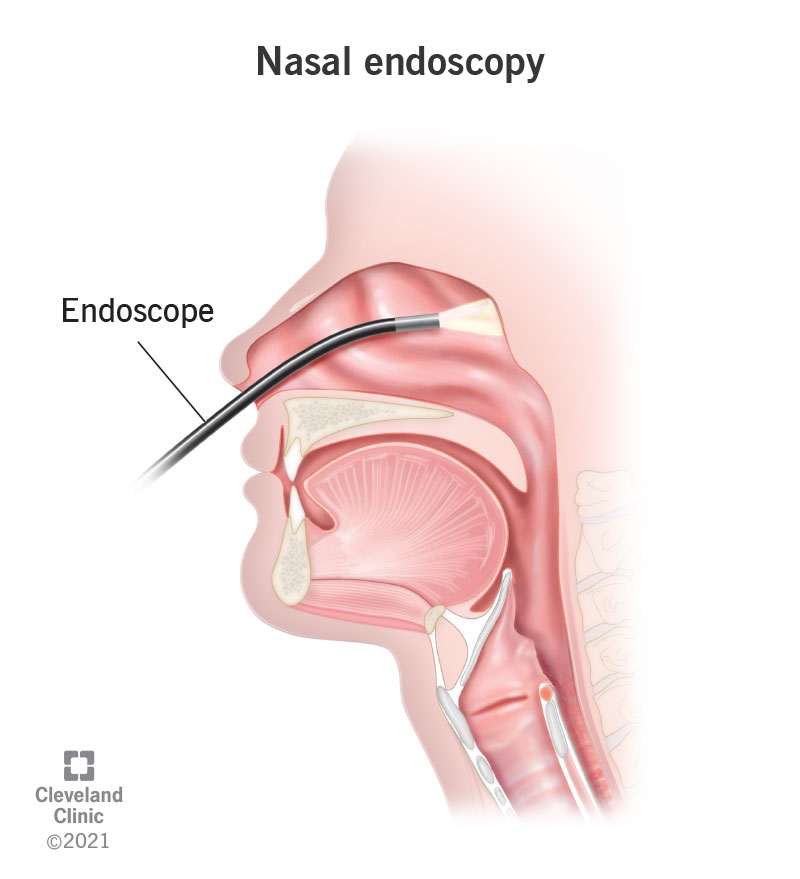
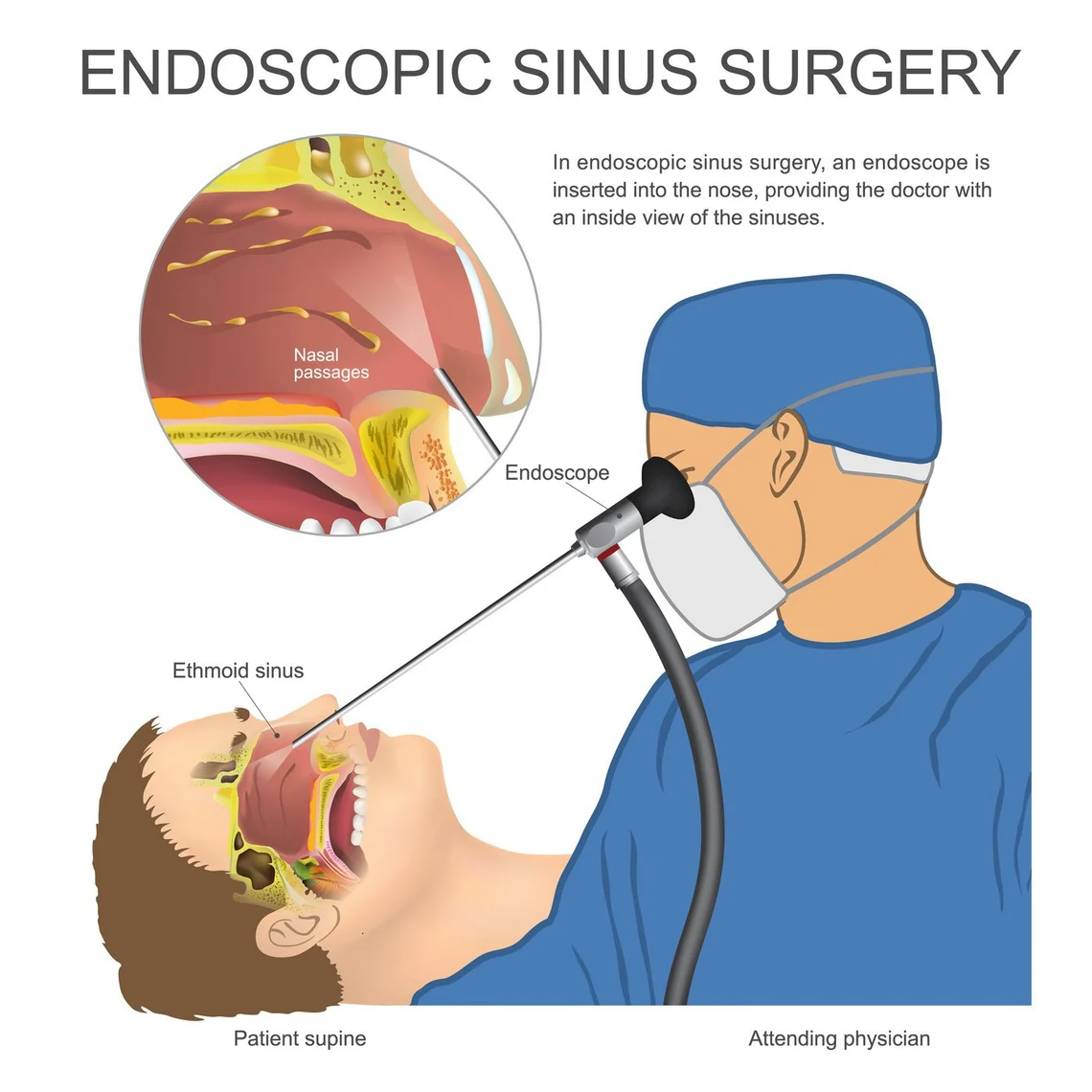
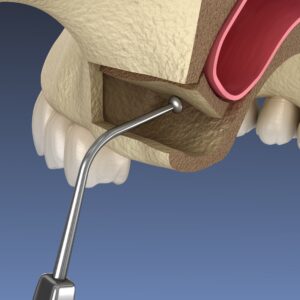
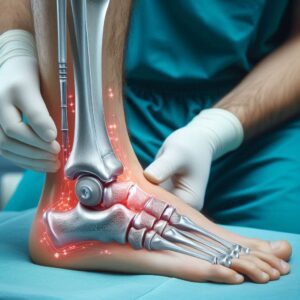
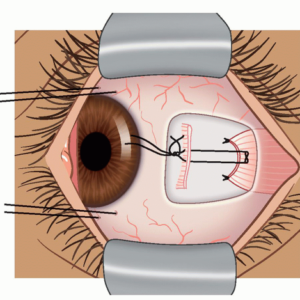
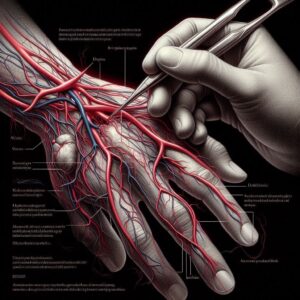
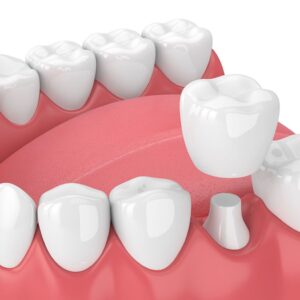
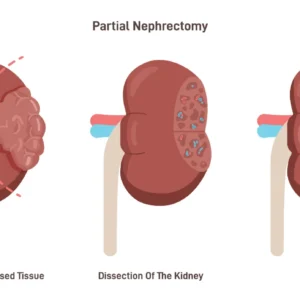


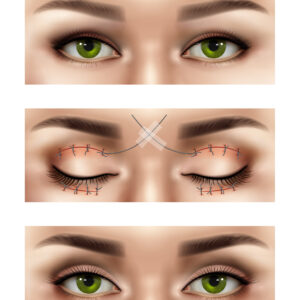
Reviews
There are no reviews yet.